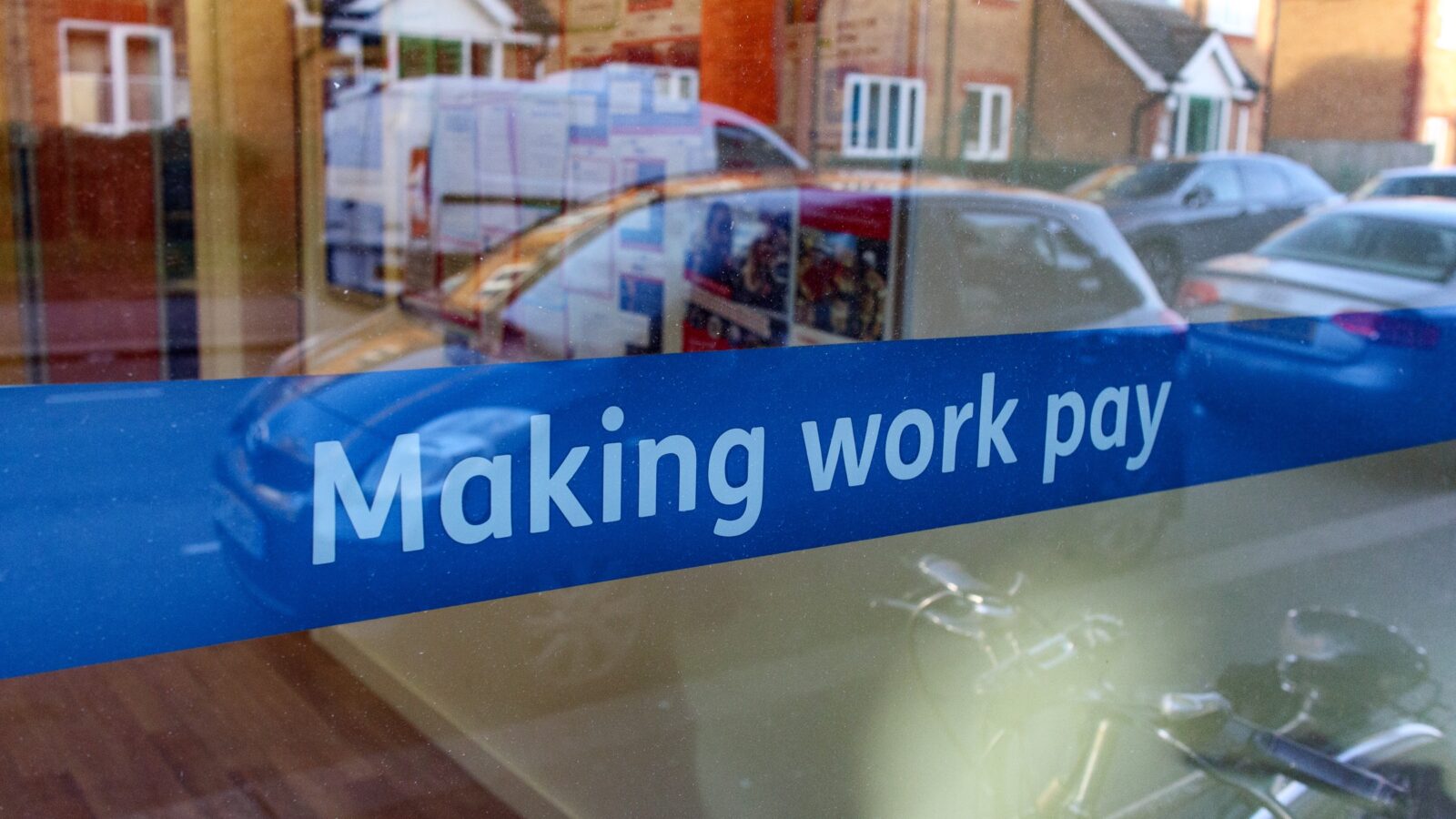Many disabled people who are unemployed would like to work. However, it is important to know how starting work may affect benefits.
For new claims, universal credit (UC) has replaced previous means-tested benefits. People receiving these so-called legacy benefits are gradually being migrated to UC.
UC is more flexible in allowing people to change their employment status while keeping some benefit. There is no limit to how many hours a person can work.
Normally, for every £1 the claimant or their partner earns, their UC payment is reduced by 55p.
However, a work allowance applies to a claimant or their partner if they have a disability qualifying them as having limited capability for work or are responsible for a child or young person aged under 18.
In these cases, the claimant can earn up to either £379 or £631 per month before their UC award is reduced. (The higher amount takes account of housing costs, such as rent and some service charges.)
If a UC claimant has been assessed has having limited capability for work status but their earnings rise over a fixed threshold (16 hours multiplied by the national minimum wage or living wage), this limited capability may be reassessed.
Employment and support allowance (ESA) is awarded to people whose ability to work is limited by a disability or illness, so paid work is normally not allowed. However, claimants can still get ESA while doing “permitted work”. This includes:
- Working for less than 16 hours a week if this has been allowed by the Department for Work and Pensions
- “Supported” permitted work, supervised by a public or voluntary organisation employee who finds employment opportunities for disabled people
- Work done as part of a treatment programme under medical supervision.
The earnings limit for all these is £167 a week. Permitted work can also be where a claimant earns up to £20 a week.
The rules are different for people who receive legacy benefits.
For income support and jobseeker’s allowance, if a claimant or their partner works for 16 or 24 or more hours per week respectively, the claimant cannot get the benefit any more. They
may instead claim UC to top up their earnings.
However, if a claimant or their partner works for less than these hours, they may able to keep the benefit depending on how much they earn.
Working tax credit is payable to qualifying claimants who are employed and meeting working hour thresholds of 16, 24 or 30 hours depending on their circumstances. Claims are reviewed annually when the person declares their earnings for the previous tax year.
Housing benefit is available to people of working age who are already claiming it. As it is means tested, most income from employment is counted when it is calculated, unless the person also gets a qualifying means-tested benefit.
Similarly, with council tax reduction, any new earnings or a change in income may affect the amount. The local authority should be told about any such changes.
Disability benefits, including personal independence payments, are not means tested so are not affected by earnings. However, the nature of any work and the duties involved may raise doubts over entitlement, which could lead to an award being reassessed.
The nature of any work and its duties may raise doubts over entitlement to disability benefits
A carer may be able to claim carer’s allowance. If a carer is in paid employment while getting this, their earnings must be no more than £139 a week after deductions, and they must still be able to care for at least 35 hours per week.
Taking a paid job has an impact on many benefits. Also, starting to earn while claiming a legacy benefit may end this award. Expert advice should always be sought when considering a change in employment status.





